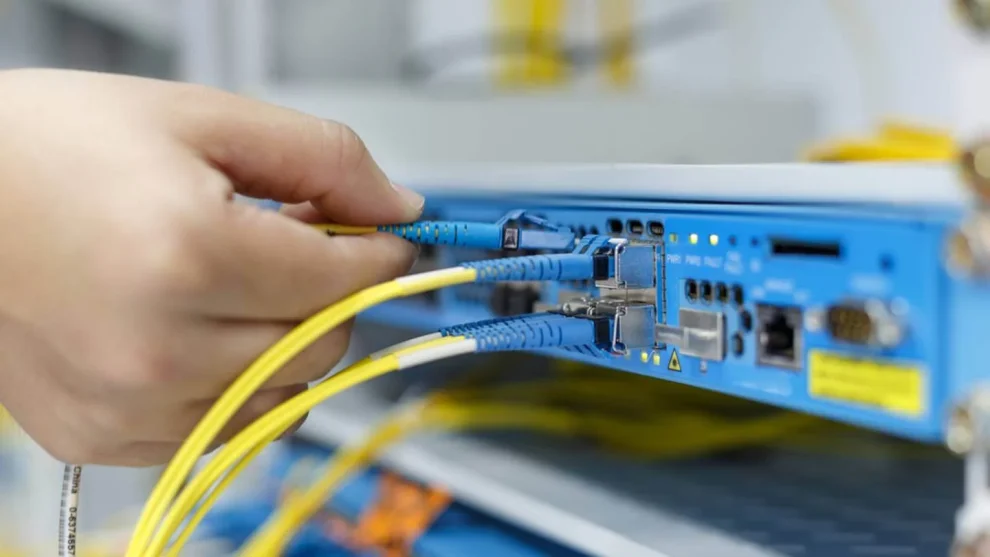A Revolution in Connectivity
Fiber internet, a cutting-edge technology, is rapidly transforming the way we connect to the digital world. Offering unprecedented speeds, reliability, and future-proofing, fiber internet is poised to become the standard for high-speed connectivity.
Understanding Fiber Optics
At its core, fiber internet utilizes thin strands of glass or plastic called optical fibers to transmit data using light pulses. This technology is significantly faster and more reliable than traditional copper-based internet connections, such as DSL or cable.
The Speed Advantage
Fiber internet offers download and upload speeds that are far superior to traditional broadband connections. While speeds can vary depending on factors like location and service provider, fiber internet typically offers speeds ranging from hundreds to thousands of megabits per second (Mbps). This blazing-fast speed enables users to download large files in seconds, stream high-definition video without buffering, and engage in online gaming with minimal lag.
Reliability and Stability
Fiber internet is renowned for its reliability and stability. Unlike copper-based connections that can be susceptible to interference and degradation over time, fiber optic cables are less prone to these issues. This translates to fewer outages and a more consistent internet experience.

Future-Proof Technology
Fiber internet is a future-proof technology. As the demand for higher bandwidth applications continues to grow, fiber networks can easily be upgraded to accommodate the increasing data loads. This ensures that fiber internet will remain a viable and high-performing option for years to come.
The Cost Factor
While fiber internet offers numerous advantages, it can be more expensive to install compared to traditional broadband connections. However, the long-term benefits and increased productivity that fiber internet provides can often justify the initial investment.
Expanding Availability
Fiber internet is becoming increasingly available in many areas. However, its widespread deployment can be challenging due to infrastructure costs and the need to lay new fiber optic cables. As more providers invest in fiber infrastructure, it is expected to become even more accessible in the years to come.
The Impact on Society
The widespread adoption of fiber internet has the potential to transform society in numerous ways. It can enable remote work, online education, and telemedicine, bridging the digital divide and improving access to essential services.
Conclusion
Fiber internet represents a significant advancement in connectivity technology. Its unparalleled speed, reliability, and future-proofing capabilities make it a compelling choice for individuals and businesses alike. As fiber networks continue to expand, we can expect to see a transformative impact on how we live, work, and communicate.
















Add Comment